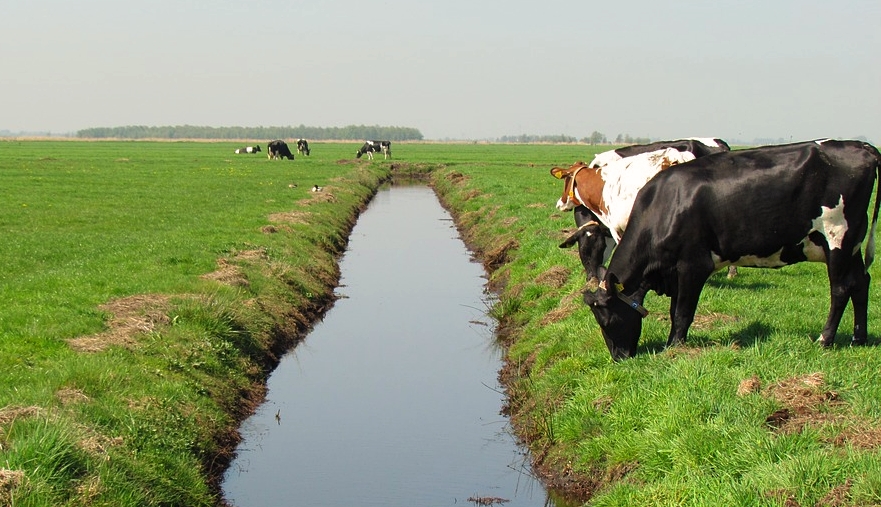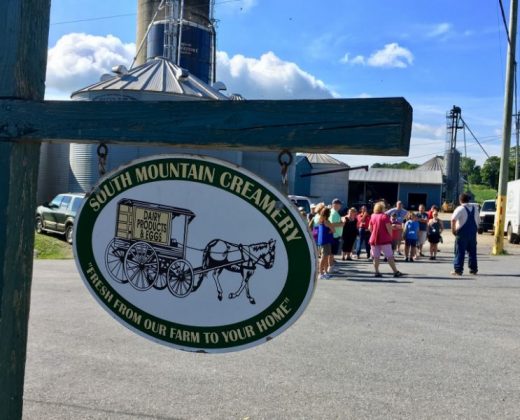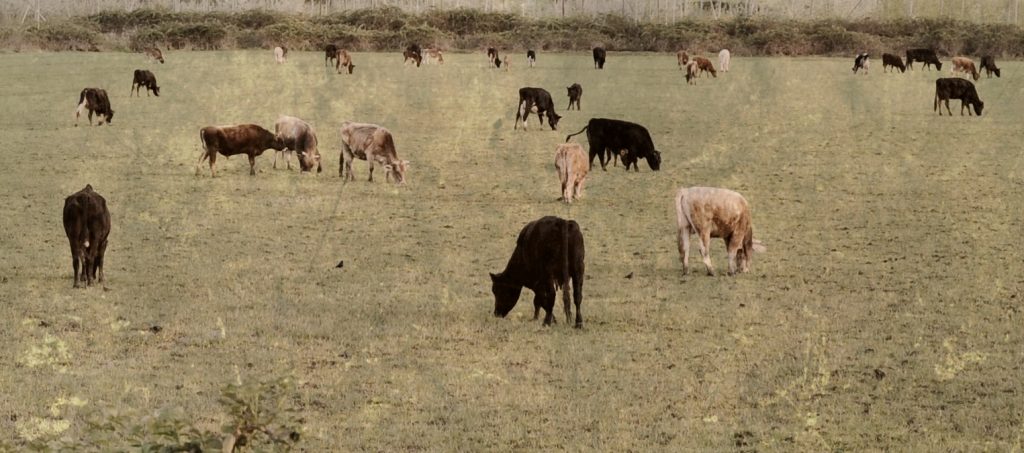“For the first time, we are clearly defining the difference between federally protected waterways and state protected waterways. Our simpler and clearer definition would help landowners understand whether a project on their property will require a federal permit or not, without spending thousands of dollars on engineering and legal professionals.”
Amanda Radke
For farmers and ranchers, the Waters of the United States (WOTUS) has long been a regulatory burden with unclear definitions that made managing waters within the confines of the law a difficult task. For years, the agricultural industry has been vocal about the challenges WOTUS has presented to the nation’s landowners, and now producers have a chance to impact a revised version of the rule.
On Dec. 28, 2018, the Environmental Protection Agency (EPA) and the Army Corps of Engineers (Army Corps) published a revised WOTUS in the Federal Register, which is now open for a 60-day comment period.
In a press release, Andrew Wheeler, EPA acting administrator, said, “For the first time, we are clearly defining the difference between federally protected waterways and state protected waterways. Our simpler and clearer definition would help landowners understand whether a project on their property will require a federal permit or not, without spending thousands of dollars on engineering and legal professionals.”
R.D. James, assistant secretary of the Army for Civil Works, added, “EPA and the Army together propose this new definition that provides a clear and predictable approach to regulating ‘waters of the United States.’ We focused on developing an implementable definition that balances local and national interests under the Clean Water Act.”
Upon the publication of the proposed revisions, the EPA and Army Corps also announced a public hearing, which would have been held in Kansas City on Jan. 23; however, due to the government shutdown, the hearing was cancelled. At press time, no new date has been announced for a new hearing.
As the comment period gets underway, many agricultural organizations have shared their thoughts about the revised rule.
Free Range Report
Thank you for reading our latest report, but before you go…
Our loyalty is to the truth and to YOU, our readers!
We respect your reading experience, and have refrained from putting up a paywall and obnoxious advertisements, which means that we get by on small donations from people like you. We’re not asking for much, but any amount that you can give goes a long way to securing a better future for the people who make America great.
[paypal_donation_button]
For as little as $1 you can support Free Range Report, and it takes only a moment.



